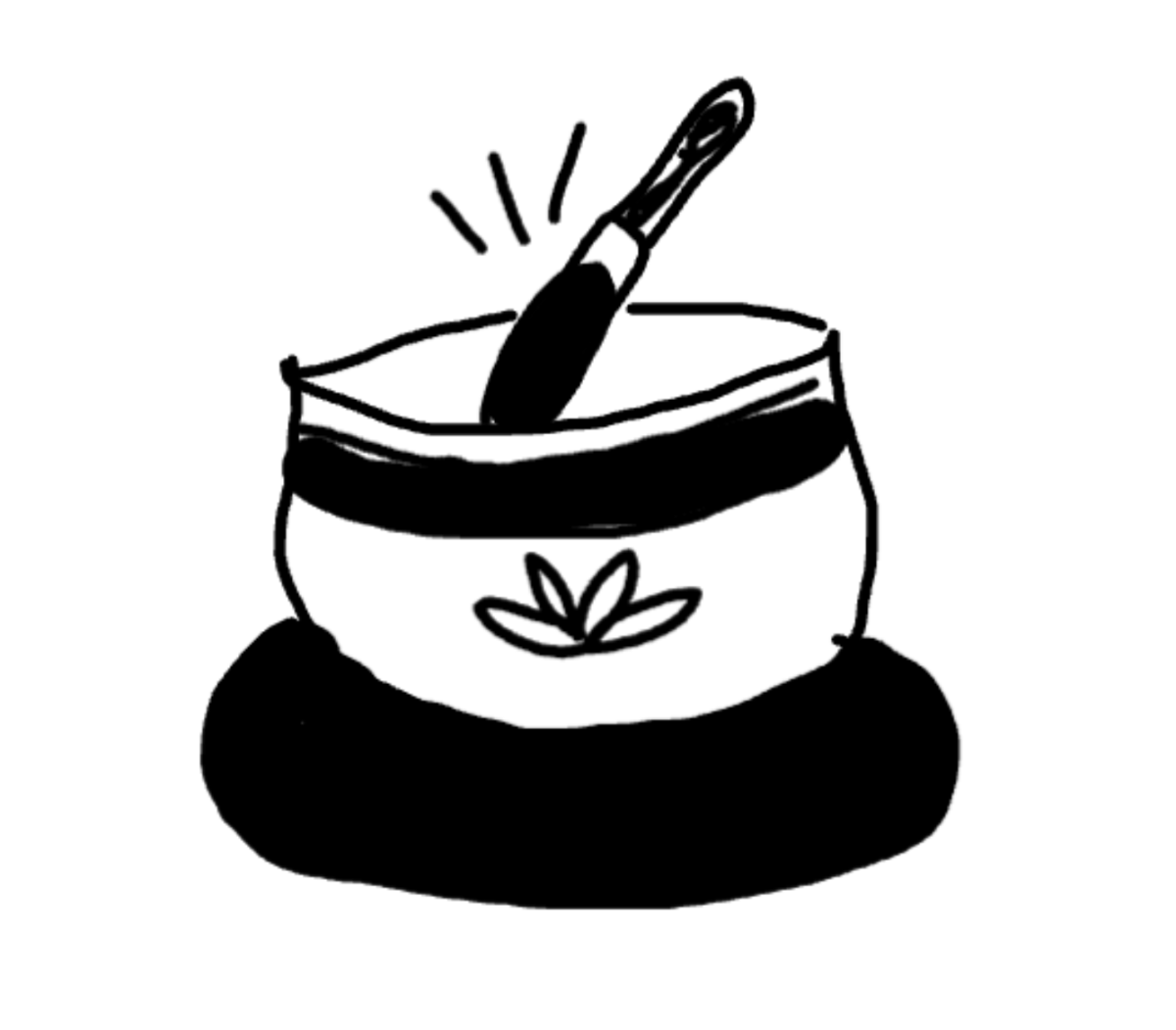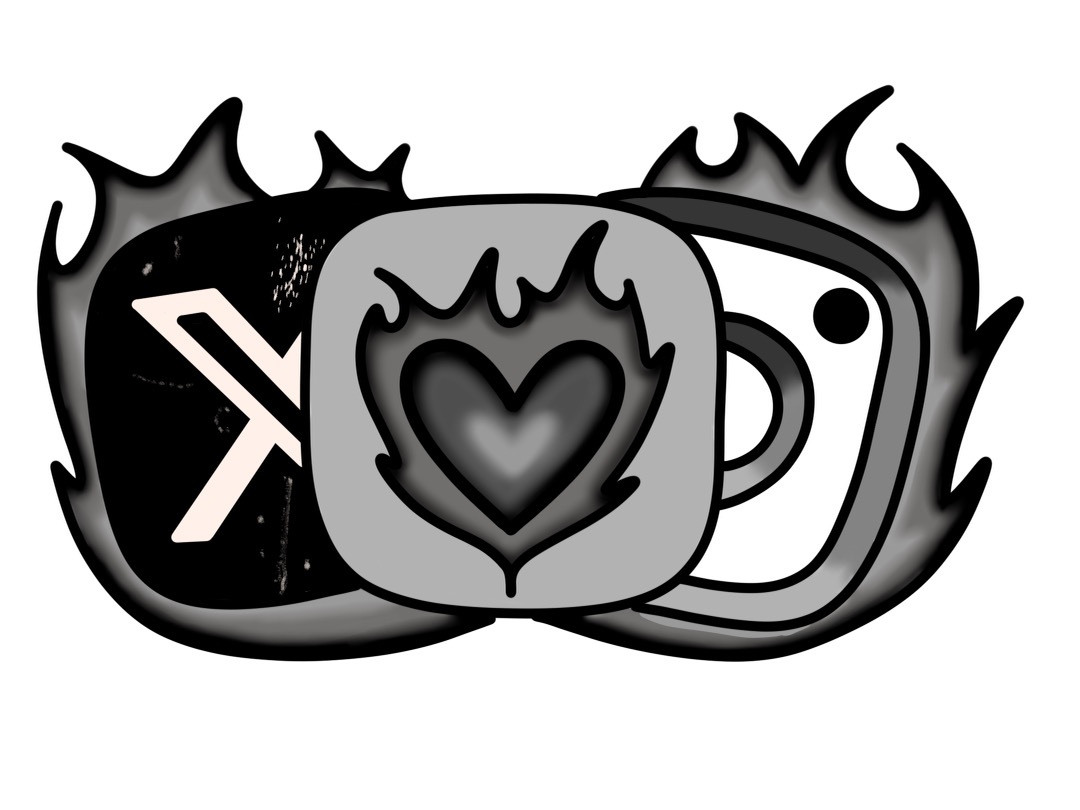Let’s face it. Periods suck. Whether you’re waking up to destroyed bed sheets, trekking through the school day with debilitating pain or staining your favorite pair of underwear—god forbid you leak through those white jeans during class—it can be hard to look at the bigger picture: the products that are supposed to support us are making environmental matters worse by affecting everyone outside of our own vaginas.
According to Stanford Magazine, in the U.S. alone, 12 billion pads and seven million tampons pollute landfills annually. Most of these products end up clogging sewers, sitting in landfills or contributing to the millions of tons of plastics in our oceans. According to Terry’s Plumbing, a company who has had issues with tampon blockages, it takes up to six months for a tampon to decompose while the applicator itself can take over 20 years to break down. These facts are just a glimpse of the many ways unsustainable period products negatively affect our environment.
Over 200,000 tons of waste per year is being generated from single-use, toxic female hygiene products, according to Vice. A small car weighs about one ton, so 200,000 small cars are equivalent to the annual weight of used female hygiene products.

The solution to all this waste is simple. Now, more than ever, it is imperative to transition our cycles’ needs to alternative feminine hygiene products. Products such as menstrual cups, reusable period panties, reusable pads and organic tampons with no applicators exist and need to be used on a greater scale.
Reusable menstrual cups have increasingly gained popularity among women seeking a more sustainable lifestyle, as they are extremely eco-friendly. According to Household Wonders, a website about eco-friendly living, menstrual cups collect menstrual flow rather than absorbing it. They do not cause the vaginal dryness or irritation as tampons can, and some brands report that their cups are safe and comfortable to wear during sex. Reusable period underwear is also on the rise. According to Her, a ‘digital destination’ directed towards women, most brands of period underwear are highly absorbent and carry antibacterial properties, and they definitely don’t have the same uncomfortable diaper feeling as a pad. These products significantly reduce waste and save money in the long run, as they can last for years.
The new wave of alternative feminine hygiene products does not end there, yet women still need to keep their vaginal health in mind when choosing sustainable products. Sea sponges have been used as alternative menstrual sponges for ages. While they are technically all-natural and organic, keeping a sponge in the vagina that is not registered with the Food and Drug Administration (FDA) is very unsafe.
According to gynecologist Dr. Jen Gunter, bits of the sponge could break off and become a nidus for bacteria, the sponge itself could have harmful bacteria and the sponge may cause abrasions during insertion and/or removal. Additionally, Gunter stated that the FDA visited 500 retail establishments that manufactured these sponges to warn them of the risks and to prohibit marketing and selling the products. Many manufacturers relabeled their products for “cosmetic” use and continued selling them.
In addition to sea sponges’ harm on the vagina, tampons can also harm women’s bodies, as the cotton part of a non-organic tampon is full of toxic chemicals. According to Well and Good, tampon manufacturers are not required to list ingredients on their packaging, and most tampons contain chemicals such as dioxin, chlorine and rayon. These chemicals are then absorbed into women’s bodies, which can cause reproductive and developmental impairment at certain levels, according to Mother Jones.
Harmful products like these are still in aisles of stores, waiting for uninformed customers to believe that this product is beneficial for both the environment and their menstrual purposes. If a product is labeled “organic,” “all-natural” or “sustainable” (i.e. sea sponges), that does not mean it is healthy for the body. Before purchasing any product, individuals must educate themselves about ingredients and potential harm, especially before it enters the vagina.
On that note, here are some medical-grade, eco-friendly period product companies that benefit women’s bodies and our environment:
FLEX: FLEX menstrual cups and discs are made in the U.S. out of 100 percent medical grade silicone. They are FDA registered, hypoallergenic, BPA and phthalate-free and made without natural rubber latex. According to FLEX, customers feel like they are wearing nothing because the cup is so comfortable. 60 percent of customers report fewer period cramps when using the FLEX Disc and 80 percent report less dryness and irritation after switching.
Cora: Big-brand tampon companies often have undisclosed synthetic ingredients. Smaller companies like Cora are helping to change this toxic market. Cora Organic Cotton Non-Applicator Tampons are free of the plastic applicator. They are made from biodegradable 100 percent certified organic cotton, so they are bleach-free, pesticide-free, toxin-free, rayon-free, fragrance-free and non-GMO. According to Cora, their tampons are healthy, comfortable and highly absorbent.
Thinx: Thinx period underwear are washable and reusable, absorbing your period sustainably without any leaks. Thinx products are rigorously tested by REACH (European chemicals agency) and OEKO-TEX certified, which includes testing for a range of toxic chemicals like PFAS (polyfluoroalkyl substances) that are linked to cancer and infertility issues. Thinx has all of their test reports published on their website to prove the accuracy of their health standards and display to customers.
Lunapads: These reusable, washable pads have been registered with the FDA since 2001. The pads last for about three to five years, but many people have used them for 10 years or more. All of their organic cotton yarns are subject to third party certification for sustainability and ethical farming purposes.
This information serves as a precedent to make educated purchasing decisions with physical and environmental health in mind.







